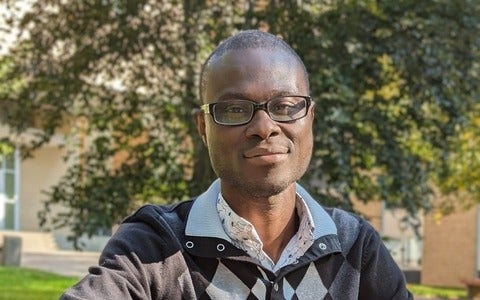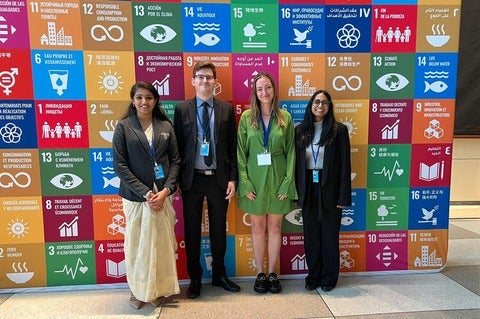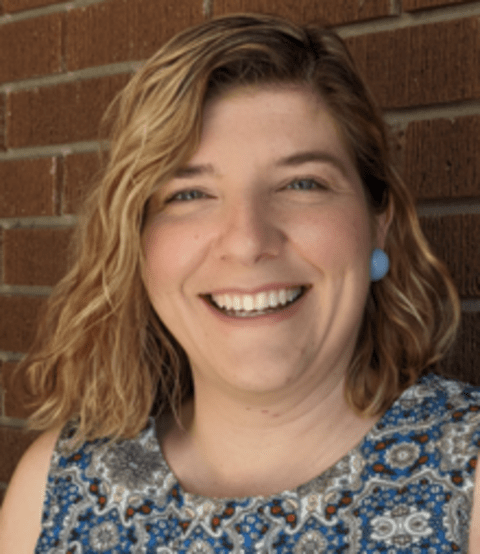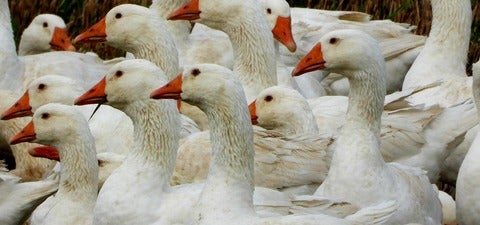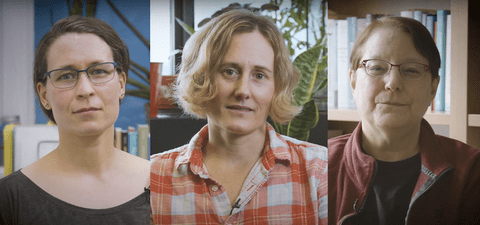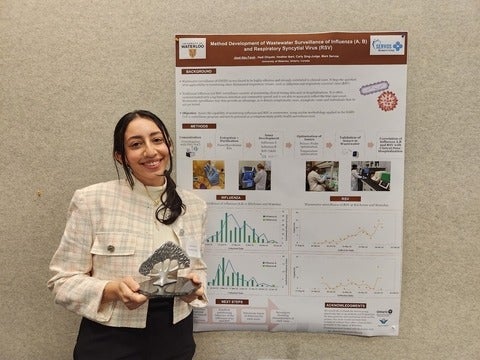Science that matters: Doctoral student researches invasive plant species that threaten wetlands
You have probably seen Phragmites australis in the wild—but did you know it is Ontario’s worst invasive plant species? Jersey Fontz, a PhD student in Biology (Water) is developing a seed mix to promote the growth of native species instead of invasive species after invasive species removal.

